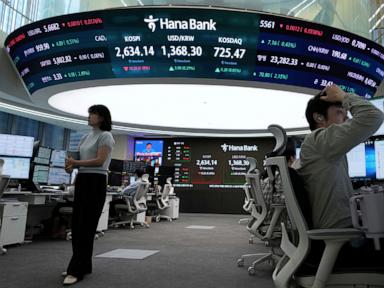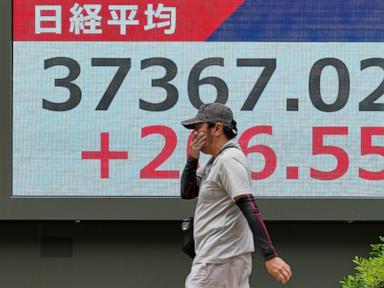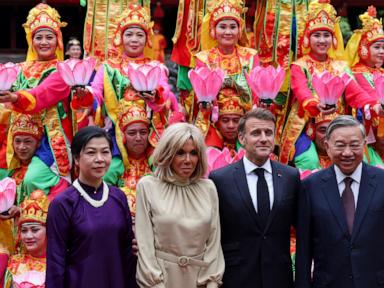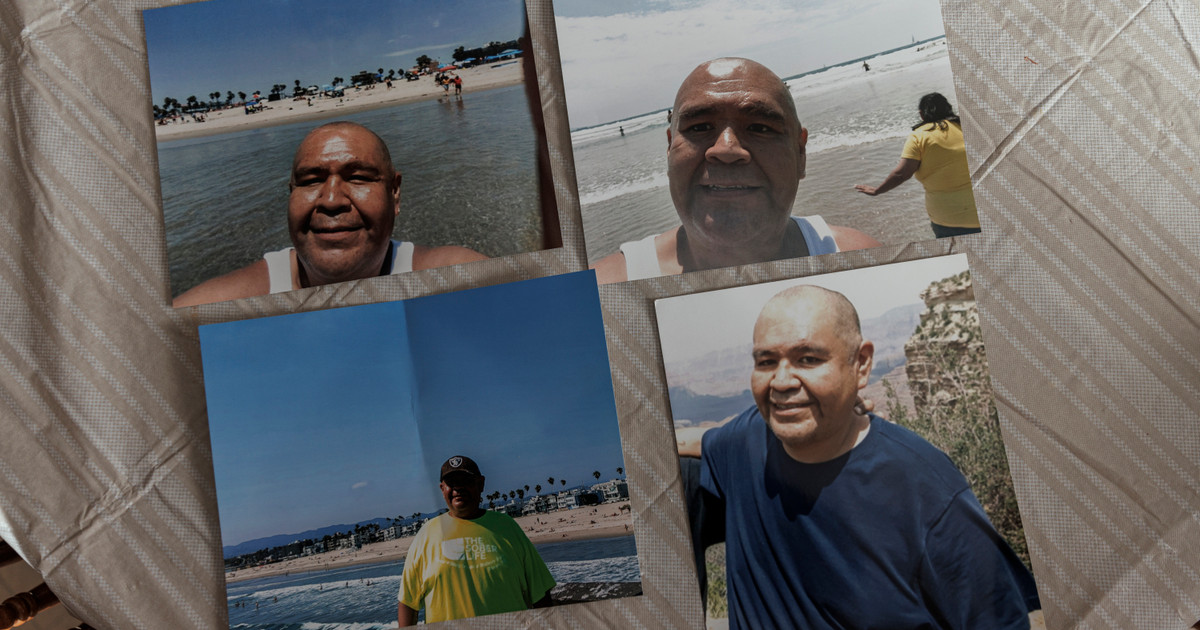Now Reading: Politically Connected Firms Benefit From Trump Tariff Exemptions Amid Secrecy, Confusion
-
01
Politically Connected Firms Benefit From Trump Tariff Exemptions Amid Secrecy, Confusion
Politically Connected Firms Benefit From Trump Tariff Exemptions Amid Secrecy, Confusion
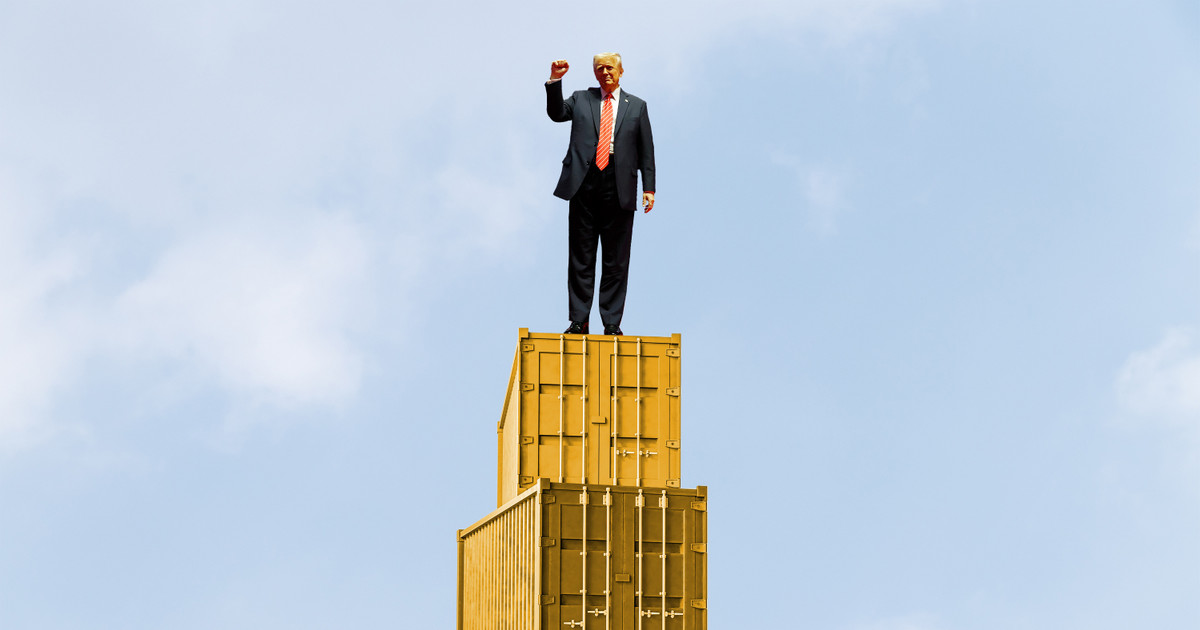
ProPublica, a nonprofit newsroom that investigates abuses of power, offers readers the opportunity to receive their most significant stories upon publication.
Following President Donald Trump’s announcement of new tariffs, the White House provided a list of over a thousand exempted products. Among them is PET resin, used for plastic bottles. The reason for its exemption remains unclear, raising confusion even within the industry.
Reyes Holdings, a Coca-Cola bottler owned by Republican donors, was among those benefiting from the tariff exemption. The company hired a lobbying firm with ties to the Trump administration to advocate for the exemption. The lack of transparency in the tariff policy process has raised concerns about politically connected firms gaining advantages behind closed doors.
During Trump’s first term, a formal process allowed companies to seek exemptions from tariffs, providing transparency. However, in the current term, the process lacks transparency, with industry executives and lobbyists lobbying behind closed doors for exemptions.
The White House’s exclusion list includes various products that do not align with the exempted categories. Some seemingly unrelated items, like asbestos and cuttlebone, were granted exemptions. PET resin’s inclusion, despite not fitting neatly into any category, remains a surprise to industry experts.
Reyes Holdings and Coca-Cola, beneficiaries of the exemption, engaged in lobbying efforts related to tariffs. The Reyes brothers, who have ties to the Republican Party, have also made political donations. The PET resin exemption not only benefits Reyes Holdings but also other companies in the bottle manufacturing industry.
Agricultural ingredients and sucralose, an artificial sweetener, are among the products that secured exemptions from the recent tariffs. The exemption categories mainly target industries under investigation for potential future tariffs to safeguard national security.


